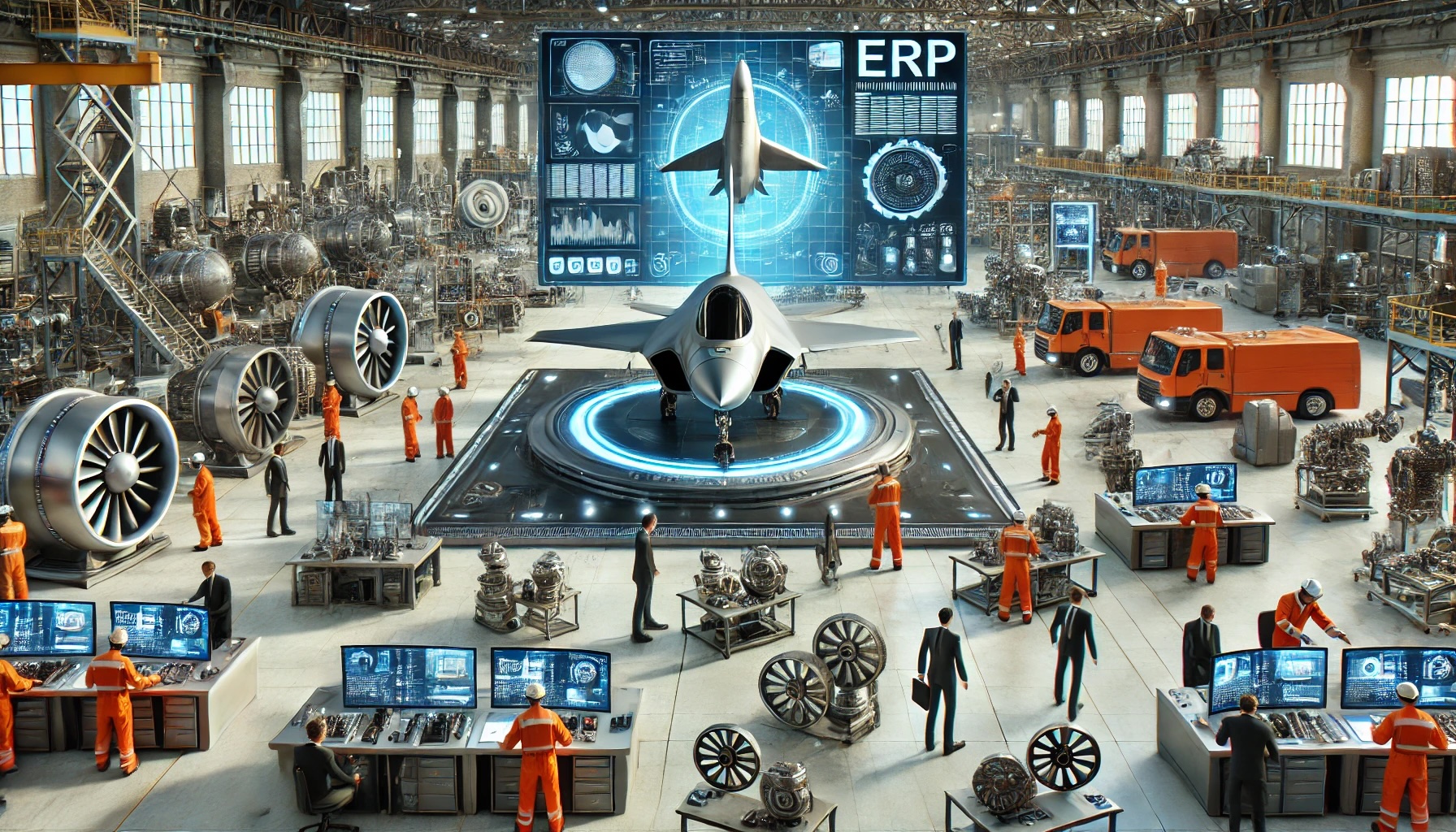Compare ERP for Food and Beverage: 9 Best Systems for 2025

In the food and beverage industry, the difference between thriving and merely surviving often comes down to how well you manage production, compliance, distribution, and inventory. Modern ERP (Enterprise Resource Planning) solutions are no longer just digital filing cabinets – they’re real-time, AI-driven platforms that connect every part of your operation, from farm or factory to fork.If you’re looking to compare ERP for food and beverage, here’s a look at nine top solutions in 2025, their strengths, weaknesses, and where they shine.
1. Aptean – Fresh Produce ERP
Aptean has long been a leader in industry-specific ERP. In July 2025, it launched Fresh Produce ERP, a cloud-native system built on Microsoft Business Central. It combines decades of food and beverage expertise with a modern interface, AI-driven insights, and seamless Microsoft 365 integration.
Strengths
-
Deep sector expertise, especially in perishable goods.
-
Real-time traceability from ingredient sourcing to end product.
-
Integrated quality management for safety and compliance.
Weakness
-
As a new offering, large-scale adoption and long-term performance data are still emerging.
2. Infor CloudSuite Food & Beverage
Infor’s cloud-native platform offers tailored tools for recipe management, global lot traceability, and seasonal production planning. Its advanced process manufacturing features make it a strong choice for complex operations.
Strengths
-
Purpose-built modules for food safety and compliance.
-
Flexible cloud deployment with strong integration options.
-
Catch-weight and yield management capabilities.
Weakness
-
Implementation complexity and cost can be high, especially for smaller businesses.
Find out more about Infor CloudSuite Food & Beverage
3. SAP S/4HANA for Consumer Products
SAP S/4HANA offers unmatched scale and power. With built-in AI and advanced analytics, it delivers real-time supply chain visibility, global compliance, and predictive planning.
Strengths
-
Enterprise-grade functionality for all business processes.
-
AI-enhanced forecasting and traceability.
-
Strong support for multinational operations.
Weakness
-
Resource-intensive implementation that often requires dedicated IT teams and external consultants.
Find out more about SAP S/4HANA
4. QAD Adaptive ERP
QAD focuses heavily on process manufacturing, offering industry-specific workflows and global compliance features. It’s designed to help manufacturers respond quickly to market and supply chain changes.
Strengths
-
Adaptive, industry-focused modules.
-
Global multi-currency and multi-language support.
-
Real-time operational visibility.
Weakness
-
Some users find the interface less modern compared to newer cloud-native platforms.
Find out more about QAD Adaptive ERP
5. Plex Manufacturing Cloud
Plex delivers ERP, MES (Manufacturing Execution Systems), QMS (Quality Management Systems), and supply chain tools in one cloud platform. It offers instant access to production metrics and compliance data.
Strengths
-
True cloud-native SaaS model.
-
Strong in quality control and production monitoring.
-
Real-time analytics for manufacturing performance.
Weakness
-
Integration with niche or legacy systems can require extra customization.
Find out more about Plex Manufacturing Cloud
6. Syspro ERP
Syspro offers balanced capabilities for both discrete and process manufacturing. Its intuitive interface makes it appealing for small to medium-sized food businesses.
Strengths
-
Industry-specific templates for food production.
-
Easy-to-use interface with mobile access.
-
Scalable for growing operations.
Weakness
-
Advanced customizations can increase implementation time and cost.
Find out more about Syspro ERP
7. Odoo
Odoo’s modular design allows businesses to build only what they need—whether that’s inventory, quality control, or eCommerce. Its open-source nature can keep costs lower than proprietary systems.
Strengths
-
Highly flexible and modular.
-
User-friendly interface.
-
Cost-effective for smaller operations.
Weakness
-
May lack certain advanced industry-specific features without heavy customization.
8. Bizowie Cloud ERP
Bizowie offers a user-friendly, cloud-based platform with built-in financials and customization capabilities. While not as food-specific as others, it can be tailored for industry needs.
Strengths
-
High level of customization.
-
Integrated financial management.
-
Simple, intuitive UI.
Weakness
-
Limited out-of-the-box food industry functionality compared to more specialized ERPs.
Find out more about Bizowie Cloud ERP
9. IFS Cloud
IFS Cloud offers robust tools for supply chain management, production planning, and compliance, along with strong global capabilities for multi-currency and multi-language operations.
Strengths
-
Highly flexible, customizable platform.
-
Broad global compliance support.
-
Strong in asset and service management.
Weakness
-
High implementation costs and longer deployment timelines for complex projects.
Final Thoughts
The food and beverage industry faces unique challenges—from strict compliance and perishability concerns to fluctuating supply chains and evolving consumer demands. Choosing the right ERP system can help you maintain quality, streamline operations, and respond faster to market changes. Each of the solutions above brings a different set of strengths, and the “best” one will depend on your size, complexity, budget, and future goals. Taking the time to carefully compare ERP options is not just a technology decision—it’s a strategic investment in the long-term success of your business.
Find Your Best-Fit ERP Today
Implementing the right ERP system could be the game-changer your business needs. With our AI-powered Compare ERP tool, you can effortlessly explore and compare solutions tailored to your unique business needs. Our advanced engine analyzes millions of data points across 100+ ERP solutions, delivering your top three picks based on your business priorities. Best of all, it’s completely free. Take the first step toward streamlining operations and boosting productivity and start comparing ERP systems today.









